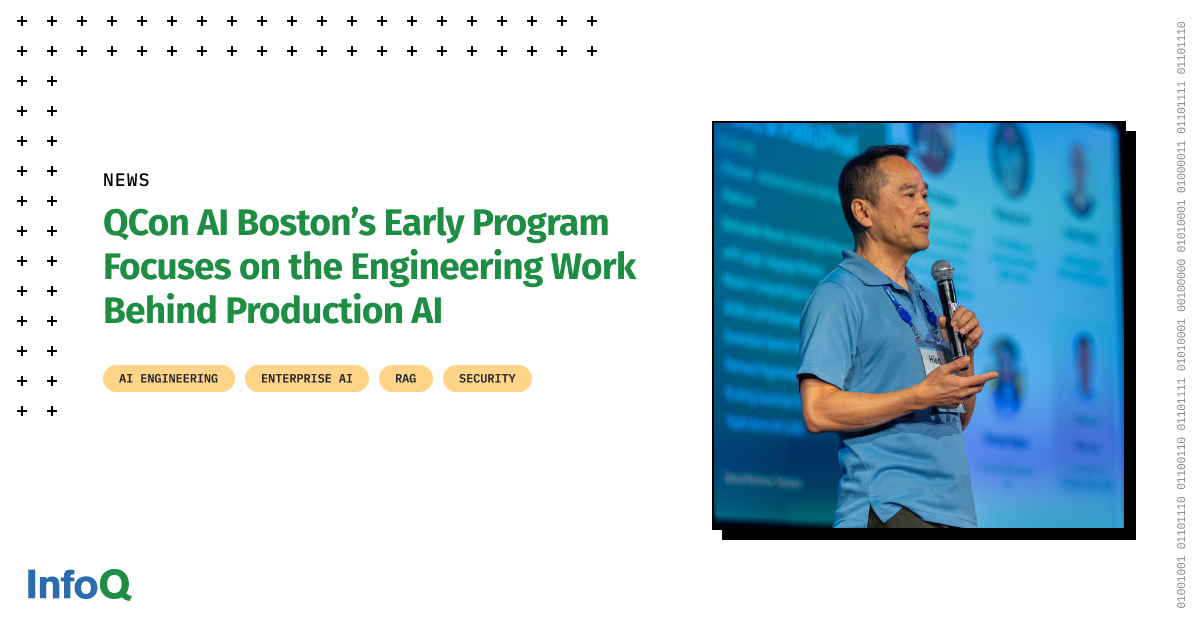Codetown
Codetown ::: a software developer's community
What are the top Web Development Technologies and Frameworks for 2021?
What are the top Web Development company in USA Technologies and Frameworks for 2021? There are many new technologies coming out every year, but not all of them will be around by 2021. The following list of technologies and frameworks will continue to be popular in the coming years. Most of them are still very new, which makes it difficult to predict what will happen with them by 2021, but there is enough activity on GitHub to indicate that they are important technologies that deserve more attention than they currently receive.
1) Ember.js
A framework that allows you to create single-page web applications with a scalable, agile architecture. It’s known for its speed, powerful features, and flexibility. In 2016 it was considered one of the most popular JavaScript frameworks on Stack Overflow—an impressive feat given its relative newness compared to some of its more mature counterparts. One of Ember’s biggest benefits is that it focuses on a front-end rendering engine rather than a back-end one.
2) React.js
React.js is a JavaScript library developed by Facebook to help with building user interfaces. Since its launch in 2013, it has been heavily adopted by developers across different industries. It’s open source, cross-platform, modular, scalable and above all fast. We are best in react native development company in USA.
3) Angular.js
Node.js is an open-source, cross-platform JavaScript runtime environment for developing server-side applications. Node.js is used by tens of thousands of developers in more than 200 countries around the world to develop powerful web applications that run on both client-side and server-side processes. Tagline Infotech is the best angularjs development company in USA in Usa.
4) Backbone.js
A server-side runtime environment that executes JavaScript code outside of a browser, Node.js is an open source platform that allows programmers to run multiple processes in parallel. The framework utilizes event-driven, non-blocking I/O model, allowing it to efficiently handle real-time web applications.
5) Node.js
Although it’s been around since 2009, Node.js is only now starting to reach enterprise-level maturity. Built on Google’s V8 JavaScript engine, Node allows developers to write server-side applications in JavaScript (JS), which can be used to manipulate data on a web page using AJAX—or create entire browser apps without refreshing a page. It was originally developed as an open source project by Ryan Dahl back in 2009, who was working at Joyent at that time.
Notes
Welcome to Codetown!
 Codetown is a social network. It's got blogs, forums, groups, personal pages and more! You might think of Codetown as a funky camper van with lots of compartments for your stuff and a great multimedia system, too! Best of all, Codetown has room for all of your friends.
Codetown is a social network. It's got blogs, forums, groups, personal pages and more! You might think of Codetown as a funky camper van with lots of compartments for your stuff and a great multimedia system, too! Best of all, Codetown has room for all of your friends.
Created by Michael Levin Dec 18, 2008 at 6:56pm. Last updated by Michael Levin May 4, 2018.
Looking for Jobs or Staff?
Check out the Codetown Jobs group.
InfoQ Reading List
Decentralizing Architectural Decisions with the Architecture Advice Process

Our system architectures have changed as technology and development practices have evolved, but the way we practice architecture hasn’t kept up. According to Andrew Harmel-Law, architecture needs to be decentralized, similar to how we have decentralized our systems. The alternative to having an architect take and communicate decisions is to “let anyone make the decisions” using the advice process.
By Ben LindersQCon AI Boston’s Early Program Focuses on the Engineering Work Behind Production AI

As teams move AI from pilots to production, the hard problems shift from demos to dependability. The first confirmed talks for QCon AI Boston (June 1–2) focus on context engineering, agent explainability, reasoning beyond basic RAG, evaluation, governance, and platform infrastructure needed to run AI reliably under real-world constraints.
By Artenisa ChatziouGitHub Data Shows AI Tools Creating "Convenience Loops" That Reshape Developer Language Choices

GitHub’s Octoverse 2025 report reveals a "convenience loop" where AI coding assistants drive language choice. TypeScript’s 66% surge to the #1 spot highlights a shift toward static typing, as types provide essential guardrails for LLMs. While Python leads in AI research, the industry is consolidating around stacks that minimize AI friction, creating a barrier for new, niche languages.
By Steef-Jan WiggersCloudflare Debuts Markdown for Agents and Content Signals to Guide AI Crawlers

Cloudflare has introduced “Markdown for Agents,” a feature that lets AI crawlers request Markdown versions of web pages. The company pairs the feature with a proposed “Content Signals” mechanism that lets publishers declare whether their content may be used for AI training, search indexing or inference.
By Matt FosterPresentation: What I Wish I Knew When I Started with Green IT

Ludi Akue discusses how the tech sector’s rising emissions impact our global climate goals. Drawing from her experience as a CTO, she explains seven key lessons for implementing Green IT. She shares insights on LCA assessments, the paradox of microservices, and why FinOps doesn’t always equal green.
By Ludi Akue
© 2026 Created by Michael Levin.
Powered by
![]()
You need to be a member of Codetown to add comments!
Join Codetown